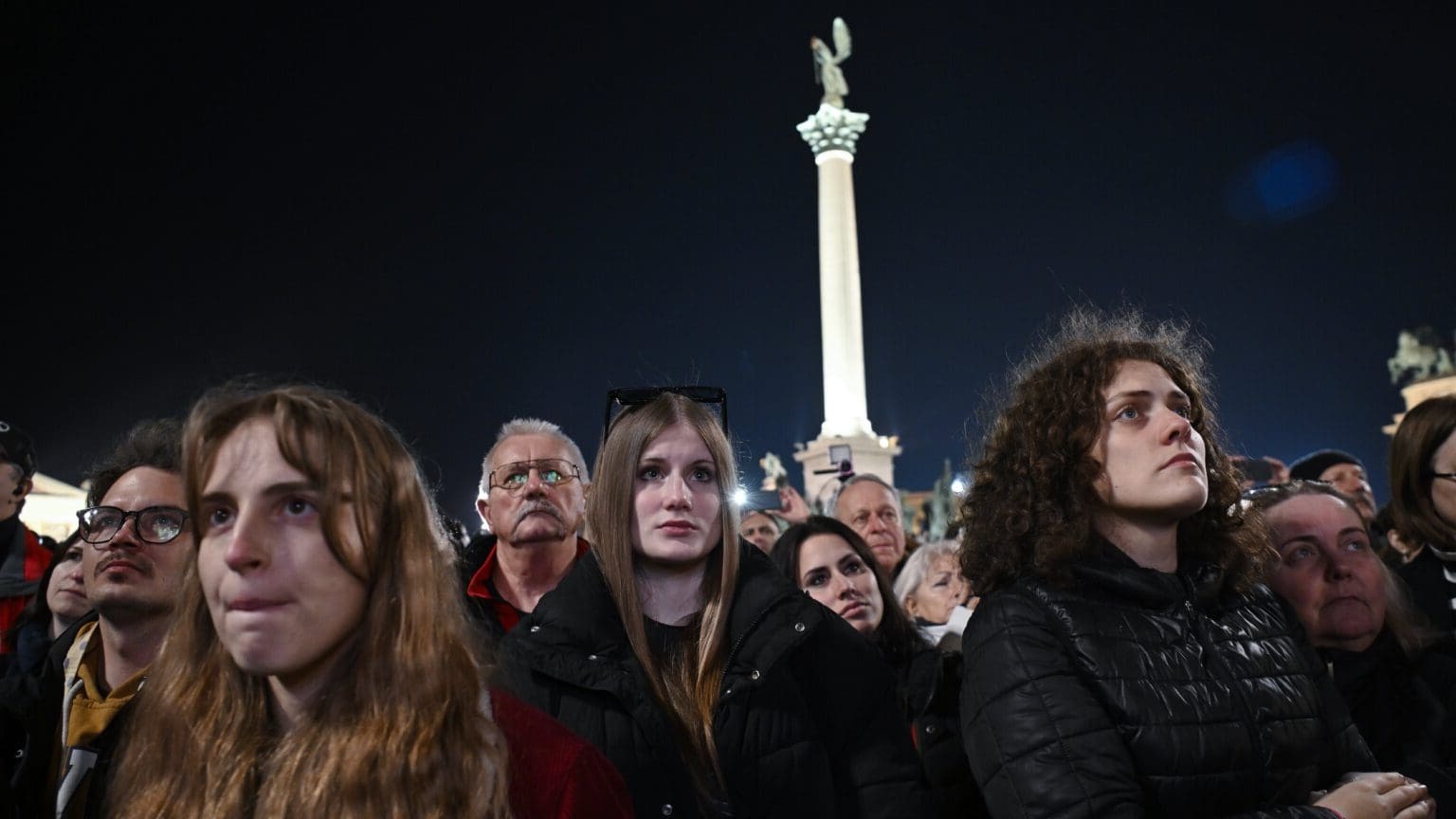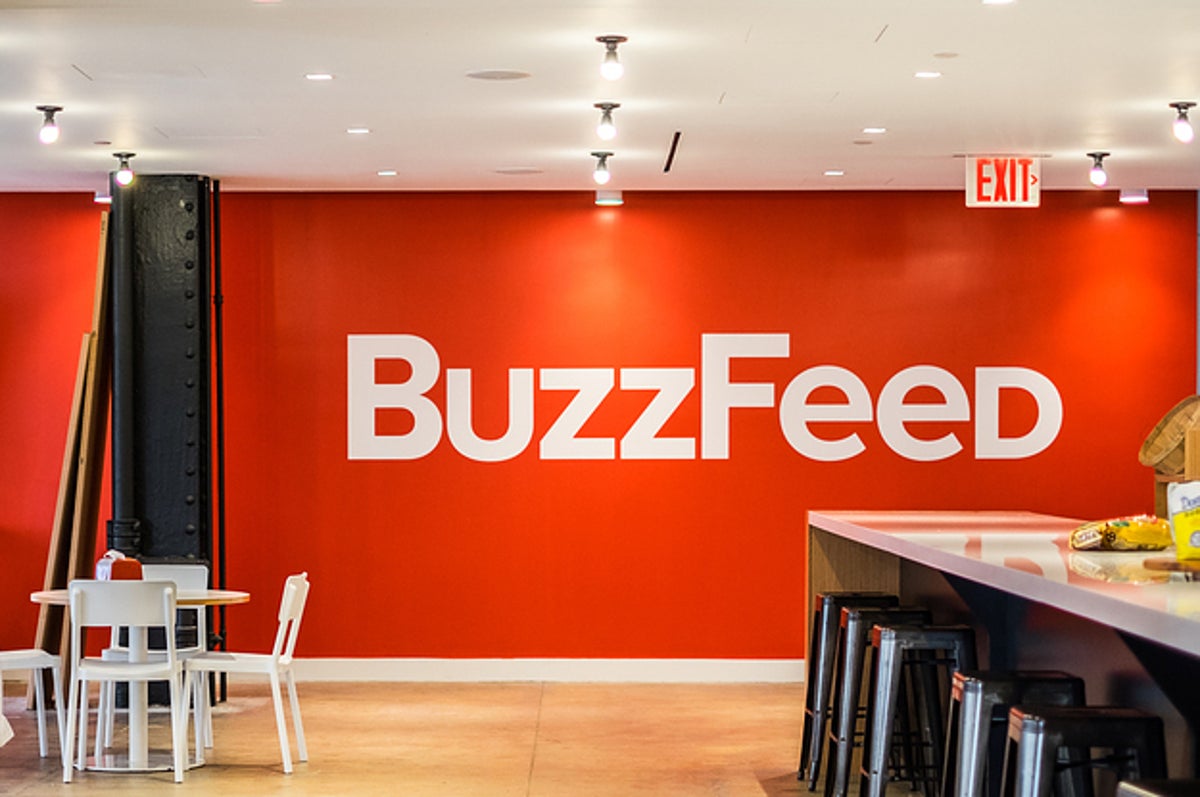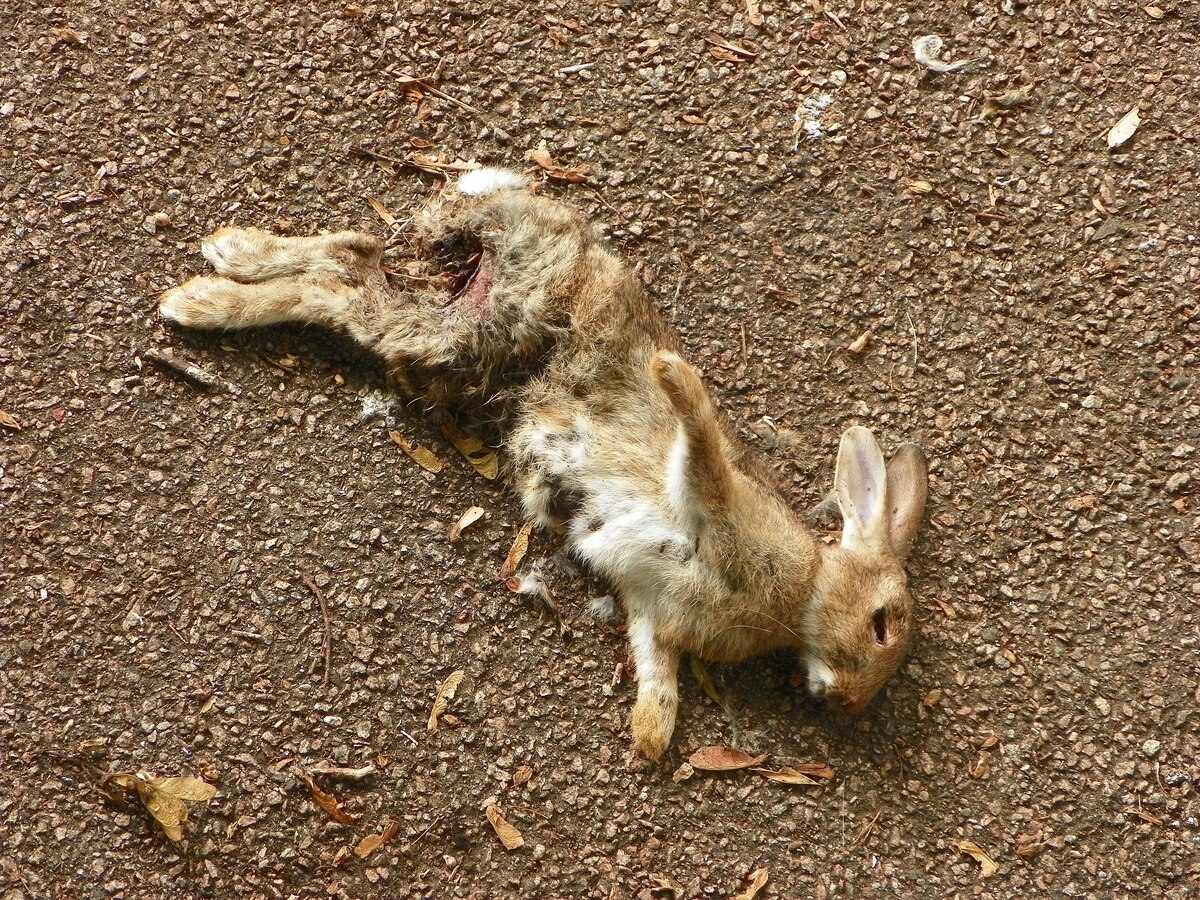
Pardongate refers to the controversy surrounding the last-minute pardons issued by President Bill Clinton before leaving office in January 2001. These pardons, especially the one granted to financier Marc Rich, sparked widespread criticism and allegations of corruption. Why did Pardongate cause such a stir? Critics argued that some pardons appeared to be influenced by political connections or financial contributions. The scandal raised questions about the integrity of the presidential pardon process and led to congressional investigations. What were the key issues? Concerns included the lack of transparency, potential conflicts of interest, and the ethical implications of granting clemency to individuals with powerful allies.
Key Takeaways:
- Pardongate was a scandal involving controversial presidential pardons by Bill Clinton. It tarnished his legacy, sparked public outrage, and raised questions about the ethics of executive power.
- The fallout from Pardongate led to calls for reforming the pardon process and influenced future presidential actions. It remains a case study in political science and a reminder of the complexities of presidential power.
What is Pardongate?
Pardongate refers to a scandal involving the controversial use of presidential pardons. This scandal primarily revolves around the pardons granted by President Bill Clinton during his final days in office. Let's dive into some intriguing facts about this political controversy.
The Origins of Pardongate
Understanding the roots of Pardongate helps in grasping its significance.
- Pardongate began on January 20, 2001, when President Bill Clinton issued 140 pardons and commuted 36 sentences on his last day in office.
- The term "Pardongate" was coined by the media, reflecting the scandalous nature of the pardons, similar to the infamous Watergate scandal.
- Marc Rich's pardon was the most controversial, as he was a fugitive financier indicted on multiple counts of tax evasion and fraud.
- Rich's ex-wife, Denise Rich, had donated large sums to the Democratic Party and the Clinton Library, raising suspicions of a quid pro quo.
Key Figures Involved in Pardongate
Several notable individuals played crucial roles in this scandal.
- Hugh Rodham, Hillary Clinton's brother, was implicated, as he reportedly accepted payments to lobby for pardons.
- Beth Dozoretz, a close friend of the Clintons, was also involved, having lobbied for Marc Rich's pardon.
- Former CIA Director John Deutch received a pardon, despite being under investigation for mishandling classified information.
- Susan McDougal, a key figure in the Whitewater scandal, was pardoned, raising eyebrows due to her close ties with the Clintons.
The Political Fallout
The aftermath of Pardongate had significant political repercussions.
- Congress launched investigations into the pardons, with both the House and Senate holding hearings.
- The scandal tarnished Bill Clinton's legacy, casting a shadow over his presidency.
- Hillary Clinton faced scrutiny during her Senate campaign, as opponents used Pardongate to question her integrity.
- The Justice Department reviewed the pardons, though no criminal charges were filed against Clinton.
Public Reaction to Pardongate
Public opinion on Pardongate was divided, with many expressing outrage.
- Polls showed a majority of Americans disapproved of the pardons, believing they were politically motivated.
- Media coverage was extensive, with newspapers and TV networks dedicating significant airtime to the scandal.
- Political analysts debated the ethics of presidential pardons, questioning the extent of executive power.
- Protests and public demonstrations occurred, with citizens demanding accountability.
Legal and Ethical Implications
Pardongate raised important questions about the legal and ethical boundaries of presidential pardons.
- Legal experts argued that Clinton's actions were within his constitutional rights, though ethically questionable.
- The scandal prompted discussions on reforming the pardon process, with suggestions for increased transparency and oversight.
- Some called for a constitutional amendment, to limit the president's pardon power, especially during the final days in office.
- Ethics committees reviewed lobbying practices, focusing on the influence of money in securing pardons.
Comparisons to Other Presidential Pardons
Pardongate is often compared to other controversial pardons in U.S. history.
- Gerald Ford's pardon of Richard Nixon was another highly debated presidential pardon, though it was seen as an effort to heal the nation.
- George H.W. Bush pardoned six individuals involved in the Iran-Contra affair, which also sparked controversy and accusations of political favoritism.
- Barack Obama's commutation of Chelsea Manning's sentence faced criticism, though it was defended on humanitarian grounds.
- Donald Trump's pardons, including those of political allies, reignited debates on the ethical use of presidential pardons.
Long-Term Impact of Pardongate
The legacy of Pardongate continues to influence political discourse and presidential actions.
- Future presidents have been more cautious with pardons, aware of the potential backlash and scrutiny.
- The scandal remains a case study in political science, used to teach about executive power and ethics.
- Pardongate has influenced public opinion on presidential accountability, with many advocating for stricter checks and balances.
- The media's role in uncovering and reporting the scandal highlighted the importance of investigative journalism in holding leaders accountable.
- Pardongate has been referenced in popular culture, including TV shows and movies, as an example of political controversy.
- The scandal serves as a reminder of the complexities of presidential power, and the ongoing need for vigilance in democratic governance.
Pardongate's Lasting Impact
Pardongate left a mark on American politics. President Bill Clinton's controversial pardons, especially Marc Rich's, sparked debates about presidential power and justice. Critics argued that some pardons were influenced by political connections and donations, raising questions about fairness.
The scandal led to calls for reform. Some wanted stricter rules for presidential pardons, while others suggested more transparency. Despite the controversy, Clinton defended his decisions, stating that each pardon was carefully considered.
Pardongate also highlighted the importance of accountability. It reminded everyone that even the highest office must answer to the public. The scandal's legacy continues to influence discussions about presidential authority and ethics.
Understanding Pardongate helps us grasp the complexities of political power and its impact on society. It serves as a reminder that transparency and accountability are crucial in maintaining trust in our leaders.
Frequently Asked Questions
Was this page helpful?
Our commitment to delivering trustworthy and engaging content is at the heart of what we do. Each fact on our site is contributed by real users like you, bringing a wealth of diverse insights and information. To ensure the highest standards of accuracy and reliability, our dedicated editors meticulously review each submission. This process guarantees that the facts we share are not only fascinating but also credible. Trust in our commitment to quality and authenticity as you explore and learn with us.


